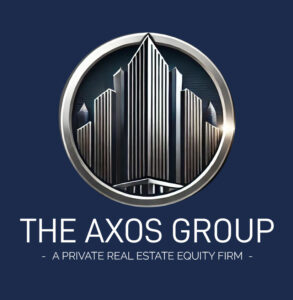Private Lending
A Comprehensive Overview
Private money lending is a form of financing in which funds are provided by individuals or private organizations, rather than traditional banks or licensed financial institutions. When the lender is an organization, it is typically a non-bank entity that operates outside the conventional regulatory framework governing licensed lenders.
While private money lending is not subject to the same strict regulations as conventional lending, it is not entirely unregulated. Private lenders must comply with state usury laws, which set caps on the maximum interest rates they can charge. In addition, some states may impose limitations on the number of loans a private lender can make without obtaining a license.
Interest Rates and Loan Structure
Interest rates for private money loans are generally higher than those from traditional lenders, often ranging from 15% to 20%. The higher rates reflect the increased risk associated with private lending. Payments on these loans may be structured as interest-only for the duration of the loan, with a large balloon payment due at the end of the term.
Borrower Qualification and Loan Terms
The qualification process for private money loans differs significantly from traditional lending. Private lenders are often more focused on the profitability and security of the investment, rather than on the borrower’s credit history or score. This makes private money lending a popular option for real estate investors, particularly those looking to finance distressed or undervalued properties that need significant renovation.
Private money loans typically have shorter terms, ranging from six months to five years. They often require a down payment and are secured by the property being financed. Lenders may also request a detailed plan outlining how the loan proceeds will be used.


Private Money Lending vs. Hard Money Lending
Private money lending shares similarities with hard money lending, as both are commonly used in real estate investing and involve non-bank financing. However, hard money lending is more formalized and closely resembles mainstream lending practices. Hard money lenders tend to have stricter qualification criteria, making it more difficult to secure a hard money loan compared to private money financing, which can be sourced from personal networks or private lenders.
Advantages of Private Money Lending
Private money lending offers several key benefits:
Risks and Drawbacks of Private Money Lending
Despite the benefits, private money lending carries risks for both borrowers and lenders:
Conclusion
Private money lending is a valuable resource for real estate investors seeking flexible and fast financing, particularly for properties that may not qualify for traditional loans. However, the higher costs and risks associated with private money loans require careful consideration. Investors must weigh the benefits of quick access to capital against the potential challenges of higher interest rates and short-term repayment requirements. Despite these risks, private money lending remains an essential tool for investors, especially those who need creative financing solutions outside the realm of conventional banking.

